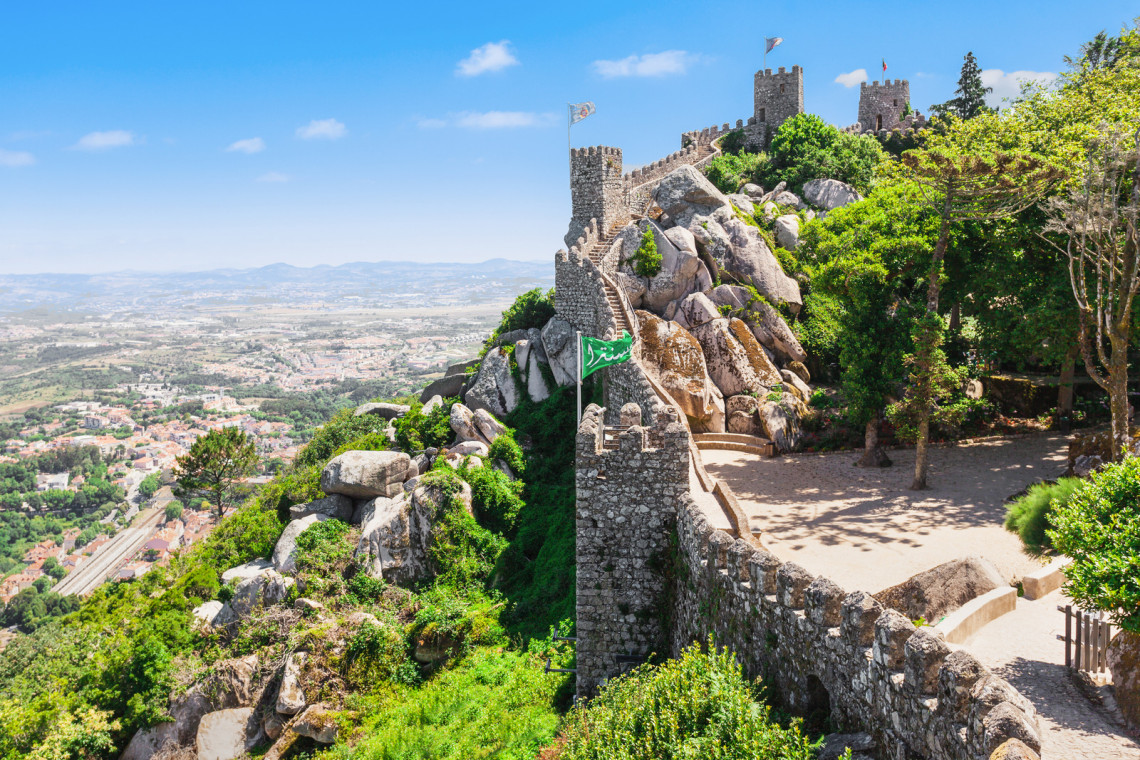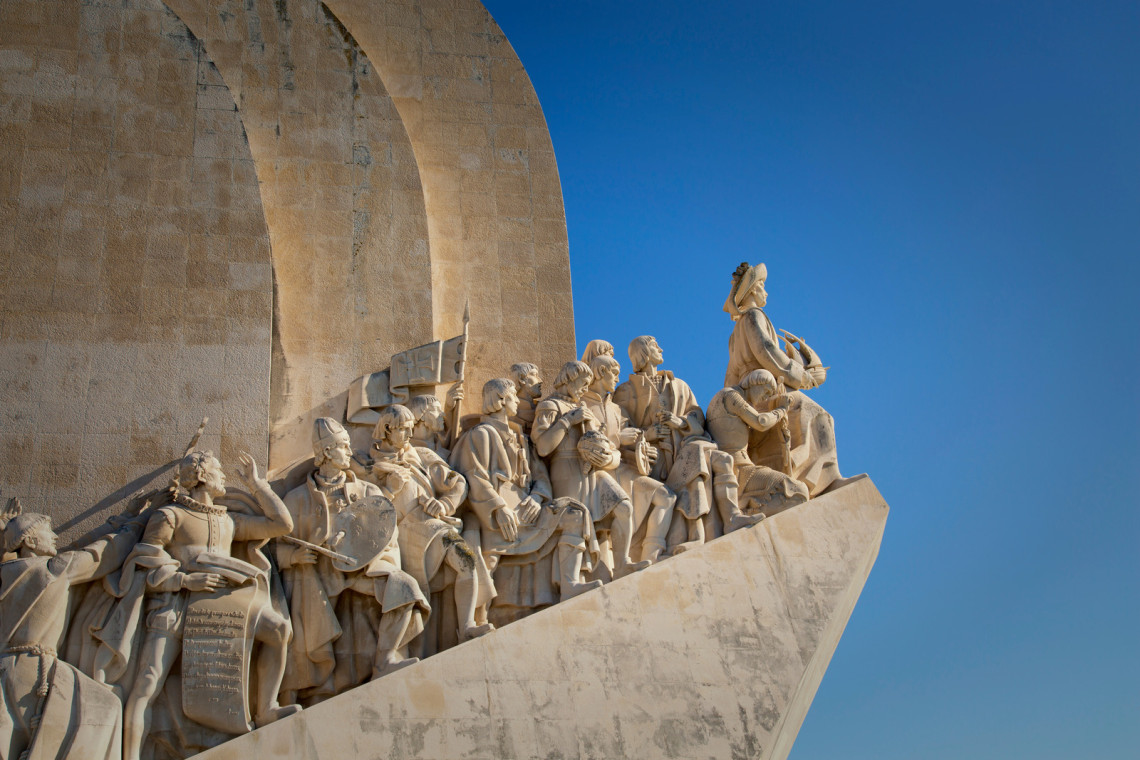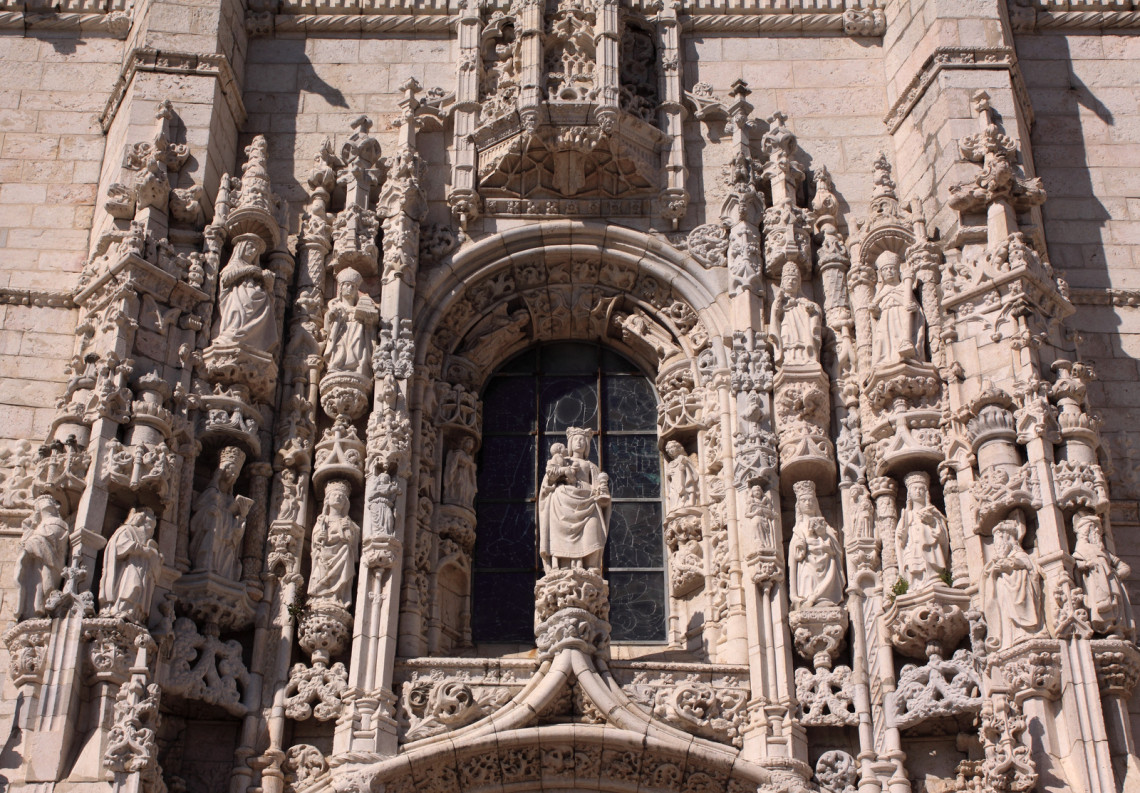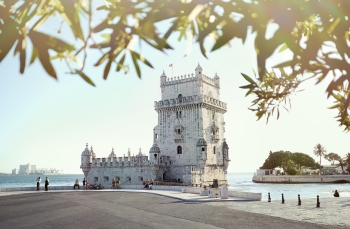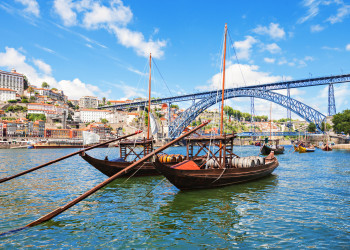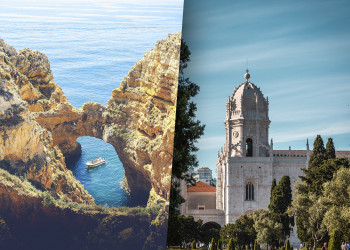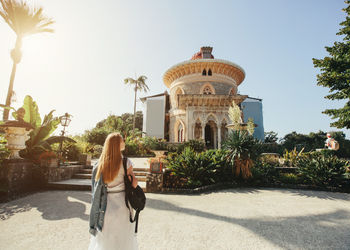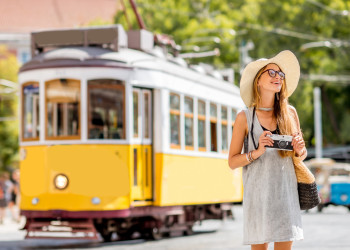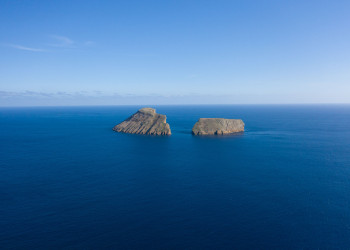The History And Culture Of Lisbon
Among one of the oldest cities in all of Western Europe, Portugal’s capital city is not only chock-full of amazing things to see and do, but it also possesses a fascinating history and rich culture that far too few know the true depths of.
Come with us as we explore and uncover the intriguing historical timeline and cultural tapestry of Lisbon city.
- Lisbon City: The Origin Story
It may surprise you to learn that Lisbon city was first settled by the Celts, then later founded by the Phoenicians before being ultimately conquered by the Greeks and Carthaginians and integrated into the Roman province of Lusitania. After the fall of the Roman Empire, Germanic tribes invaded the capital city and set up control under the banner of the Kingdom of the Suebi up until the year 585, which paved the way to — and ushered in — the era of Muslim power in Lisbon, Portugal.
- Invasion of Islamic Moors
Upon invading and taking control of Lisbon in 711, the Islamic Moors changed Lisbon’s moniker to al-Usbuma. A few decades later, in 789, Lisbon would be reconquered by Afonso II of Asturias, who managed to hold on to power in Lisbon city until 808.
- Onward, Christian Soldiers: A Recapturing
In 1147, Afonso I led a group of Christians (a fleet of the Second Crusade) to retake the capital city, the victory upon which began Lisbon’s now well-marked foray into maritime glory. It was during the reign of one of Alfonso I's progeny, Afonso III, that the city of Lisbon established itself as the entire nation’s recognized base and central operations port for maritime expansion. It was also during the reign of Afonso III that the city of Lisbon officially became the capital city of Lisbon (being moved from the previous capital of Coimbra). Throughout the 14th century, Lisbon — many thanks to its merchant oligarchy and the House of Aviz (the second dynasty of the kings in Portugal) — thrived.
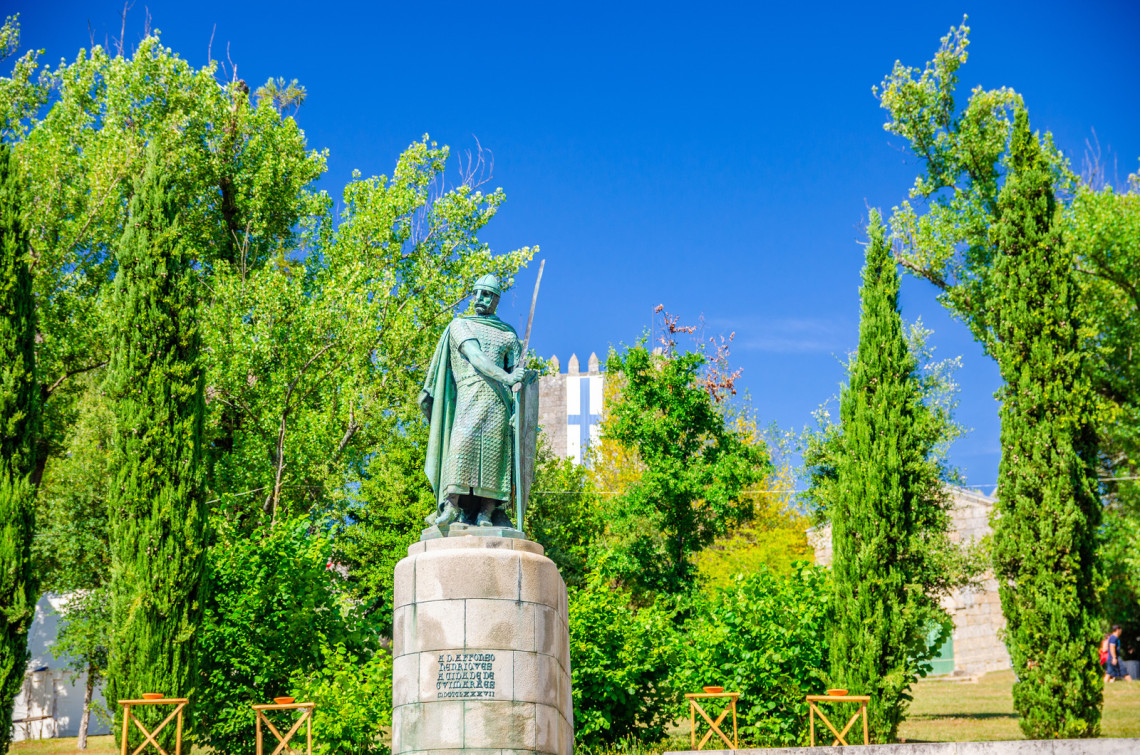
- A New Era: Lisbon’s Renaissance
After Lisbon city established its port as being among the most vital ports in the world (around the 15th century, to be exact), a collection of warehouses and customs offices known as the Casa da Guiné e Mina was founded. The purpose of the collection was to officially oversee all facets of overseas trade and thus further strengthen Lisbon City’s power and reach. Portugal’s good fortune and wealth became known across the globe, bringing an influx of new arrivals from all corners of the world — many of whom brought with them their own maritime knowledge and prowess, which only further influenced Lisbon’s ruling authorities to further invest in maritime endeavors (particularly the country of Henry the Navigator).
- Expansion to Asia and Slave Trade Center
Lisbon's history has its ups and downs. At one point, the city was incredibly wealthy, thanks to its global trade with Asia, Africa, and Brazil. But it also had a dark side—it became Europe's primary port for the slave trade. In 1580, Portugal faced a loss of freedom when the Duke of Alba took control and made the Spanish King Philip II the King of Portugal. However, in 1640, Portugal regained its independence, and Lisbon continued to flourish.
- Destruction and Reconstruction
Lisbon's history has its ups and downs. At one point, the city was incredibly wealthy, thanks to its global trade with Asia, Africa, and Brazil. But it also had a dark side—it became Europe's primary port for the slave trade. In 1580, Portugal faced a loss of freedom when the Duke of Alba took control and made the Spanish King Philip II the King of Portugal. However, in 1640, Portugal regained its independence, and Lisbon continued to flourish.
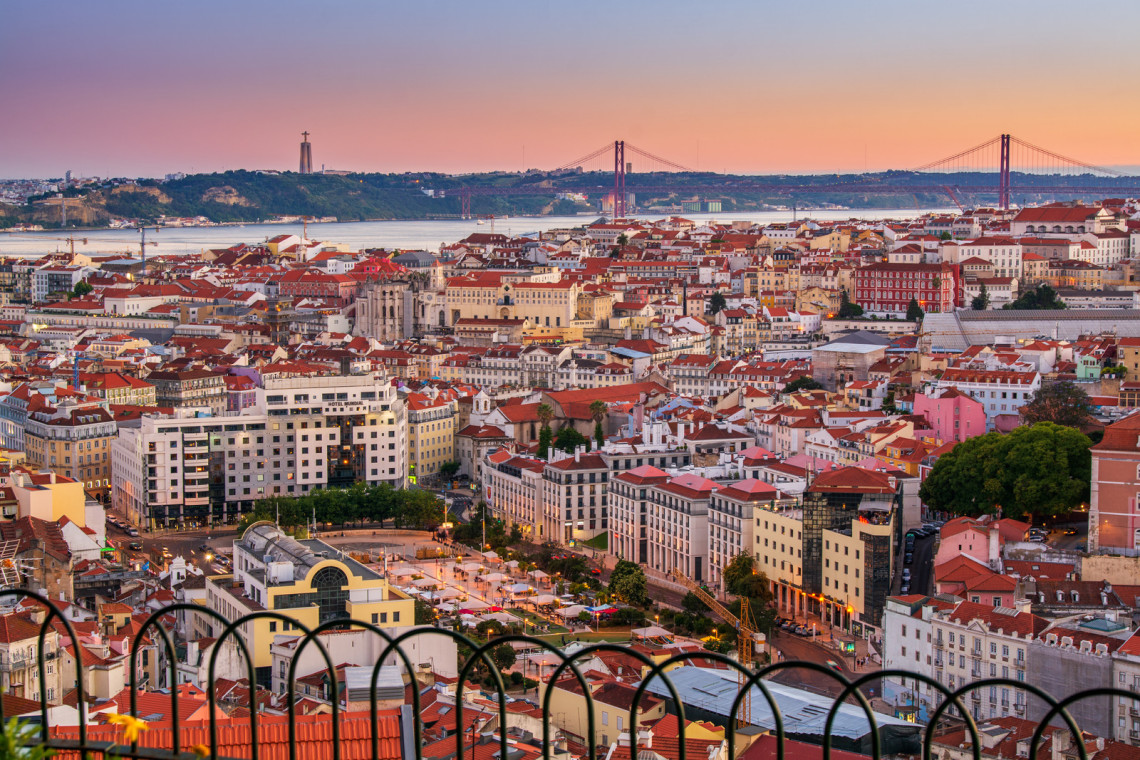
After a brief period of control by Napoleon, who captured Lisbon in 1807, the British recaptured the city. In 1833, the constitutional monarchy was reinstated and remained in place for nearly a century until the Republic was officially declared in 1910. This first Republic lasted until 1926 when an anti-democratic party seized power, establishing the second Republic known as the New State or Estado Novo. A significant turning point occurred on April 25, 1974, with a military coup known as the "Carnation Revolution." Remarkably, it was a bloodless coup that marked the beginning of the Third Republic. This event ushered in a period of significant change for Lisbon, characterized by a massive influx of immigration and rapid growth.
- Where Things Stand Today
Portugal officially joined the European Union in 1986, and just over a decade later, in 1998, Lisbon city was host to the World Expo — a monumental moment for this proud country, and the preparation for which can be seen clearly via its urban infrastructure to this day.
- Lisbon Landmarks Tell Its Tale
You simply cannot separate Lisbon city’s history from the truly impressive and awe-inspiring architecture that acts as concrete and visible constructions bearing witness to the passage of time. For instance, there’s the hilltop bastion of Lisbon’s São Jorge Castle, which boasts a proud statue of Dom Alfonso Henriques, the vanquisher of the Moors. The Lisbon palace within the fortified walls also once housed Portuguese royalty, although it now houses restaurant patrons and museum-goers instead.
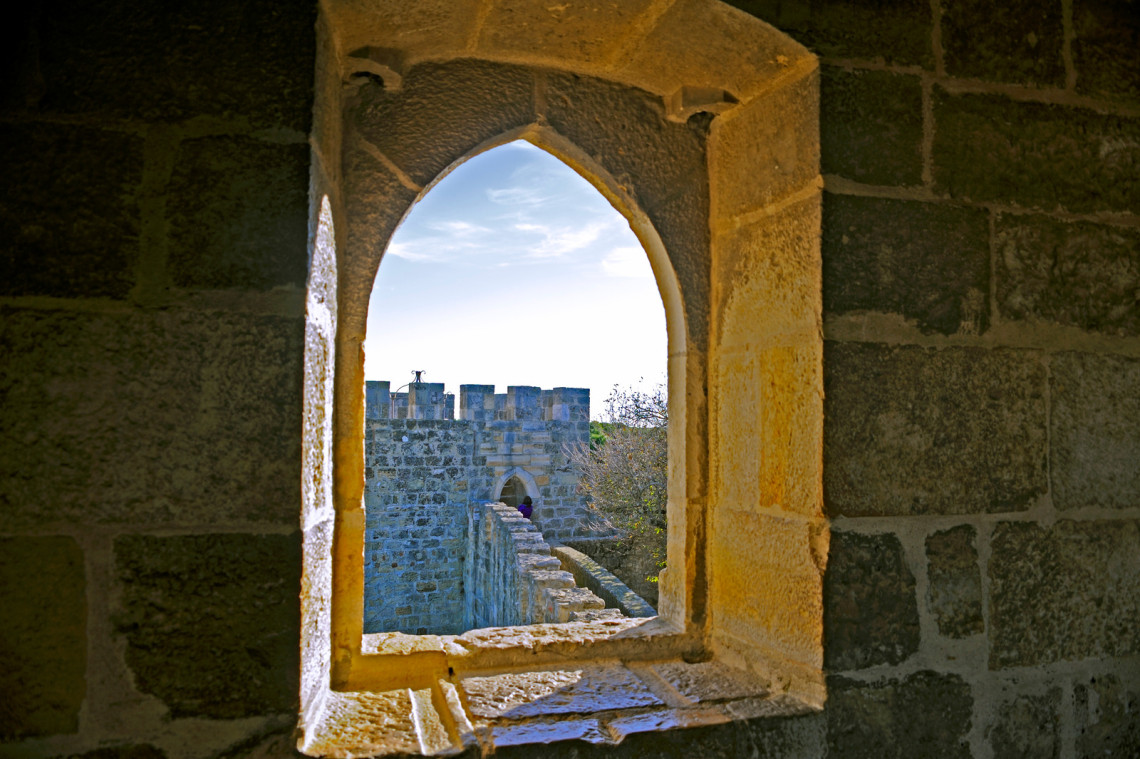
Also paying homage to Lisbon’s history is Lisbon’s Belem Tower, a UNESCO World Heritage Site that was built way back in 1520 to guard the entrance to the capital city’s vital port. As for São Roque Church, the opulent decor of this Roman Catholic church— complete with precious stone inlays of lapis lazuli and amethyst — bears witness to the wealth and power of the Portuguese empire at the time (18th century). As commerce was the true boon to Lisbon’s economy, it is fitting that the majestic Praça do Comércio (also known as Commerce Square) be included in the landmarks that “live on” to tell Lisbon’s historical tale. This bustling plaza was once Lisbon’s main marketplace — a bustling gathering space where traders would peddle their goods.
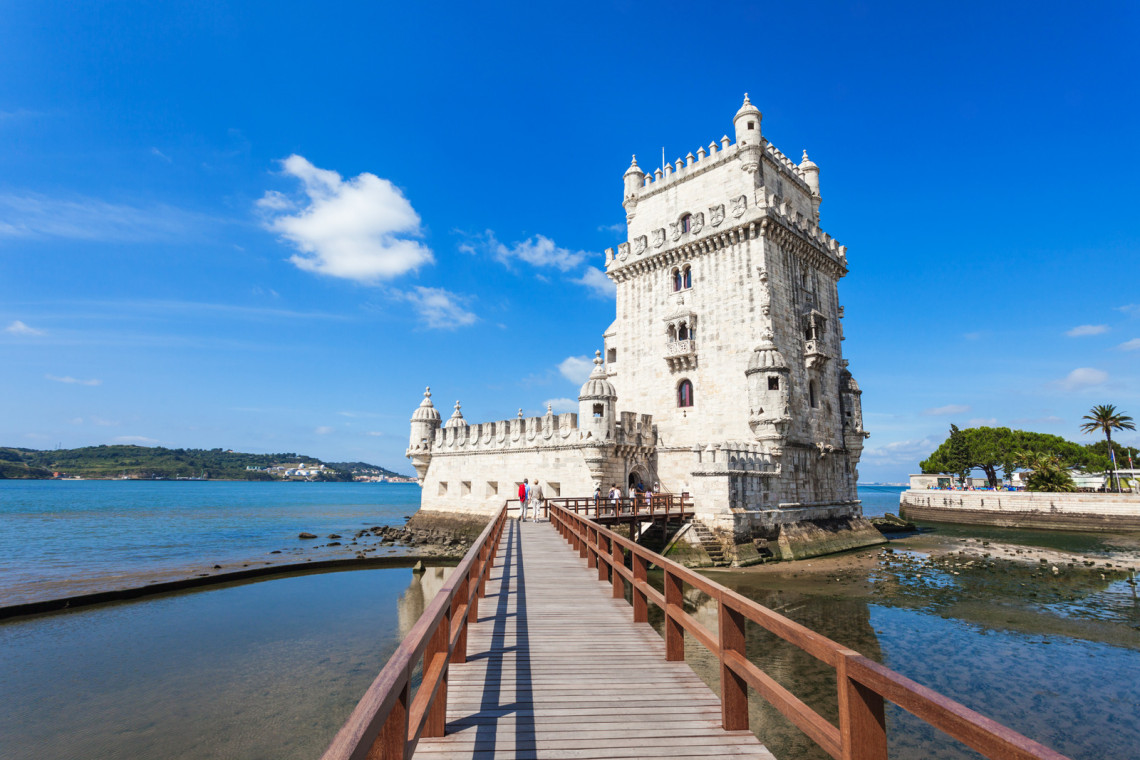
- The Bittersweet Beauty of Fado
No discussion of Lisbon's history and culture is complete without mentioning Fado. Woven into Portuguese culture like a golden thread, Fado is a musical expression that has become intrinsic to the nation. It's a hauntingly beautiful art form that defies easy definition, evoking a distinct sense of wistfulness and nostalgia. The word "fado" itself traces back to the Latin word "fatum," meaning destiny. At fado's very core is what is known as “saudade”, which can be easiest translated as an intense sense of longing and nostalgia, and after hearing it for yourself, you will understand what people mean when they say that fado captures your heart, then never lets it go.
Getting Here is Easier Than Ever
Now that we have discussed the fascinating history and culture of Lisbon, you will surely want to come and learn more in person, and witness it all for yourself! The good news is that now, travel to Lisbon is more convenient than ever, with direct flights to Lisbon airport available from most European capitals and big cities, and now, there are even flights to Lisbon available from North America and the UK, with direct flights from Toronto to Lisbon, JFK to Lisbon, and London to Lisbon being among them.
Are you already in love with Portugal? Take a look at our stress-free packages that allow you to book your ultimate Portuguese adventure. All our packages are carefully curated by our team of local Portuguese experts so that you don't need to worry about any details - just enjoy your trip!
